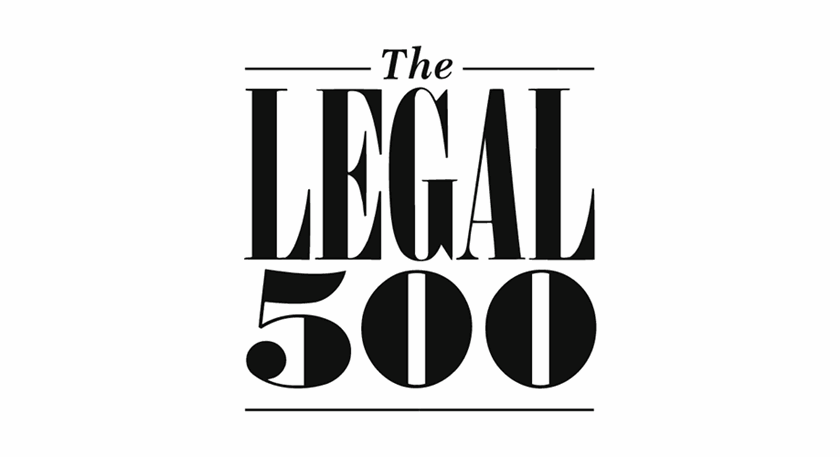The Early Years Funding Scheme: a guide
Insight

The Early Years Funding Scheme is a government scheme which offers 15 or 30 hours of free childcare for eligible children and parents. The Government has recently announced an expansion of the scheme, to support more working parents with free children provision. The new statutory guidance for local authorities is available here, which supports and explains the expanded scheme.
The new early years entitlements are as follows:
|
A. 15 hours free childcare for: • Disadvantaged two-year-olds, |
B. 30 hours free childcare for: • eligible working parents of three- and four-year-olds; and |
An eligible “working parent” is a parent who individually earns more than £8,670 but less than £100,000 per year.
The new statutory guidance for the expanded scheme is much the same as previously. The key point is that providers must offer the entitlements “completely free of charge to parents”. In practice, this means that providers must:
- Not charge “top-up” fees (ie any difference between a provider’s normal charge to parents and the funding they receive form the local authority to deliver free places),
- Be completely transparent about their fees and charges for additional services. For example, providers might publish a statement (eg a fees list) of how they deliver the free entitlements and any additional charges applicable for optional extra hours/sessions, and/or services or activities, and
- Ensure that invoices are “clear, transparent and itemised” so that parents are able to see that they have received their child’s entitlement completely free of charge.
Compliance with the above can be complex, especially where schools charge on a termly basis, and the hourly approach taken under the guidance can seem unfamiliar. We have advised a number of clients on updating their charging, invoicing and promotional materials to ensure compliance with the scheme, as well as dealing with local authorities in relation to EYFS funding.
This publication is a general summary of the law. It should not replace legal advice tailored to your specific circumstances.
© Farrer & Co LLP, April 2024







